Launch of new Alliance for Democracy
On 7 June 2017 the European Movement International launched the ALL campaign, a pro-European alliance to support European cooperation and democracy. Read the press release about the launch here.
The ALL campaign works in partnership with civil society organisations, NGOs, trade unions, companies, local governments and individuals and engages citizens across Europe in a pro-European democratic dialogue in the run-up to the elections to the European Parliament in 2019.
‘Is Democracy in Crisis’
The launch took place as part of the conference ‘Is Democracy in Crisis’, that brought together high-level speakers from the European institutions, NGOs, the business sector and trade unions as well as academics and journalists from within as well as outside the ‘Brussels Bubble’. Not only did the panelists discuss current challenges to democracy, they also put forward ideas on how to support European core values and ensure the role of the independent media. The conference also opened the floor to creative minds from Belgium, France, the Netherlands, Finland and Spain to present successful initiatives encouraging citizen participation and bringing forward progressive forms of direct democracy.
Margrethe Vestager, European Commissioner for Competition, opened the conference with a keynote speech on ‘A healthy democracy in a social media age’. She stressed the importance of fighting for democratic values in Europe and the inherent challenges in the age of social media and other forms of communication and information platforms.
View image on Twitter
The first discussion of the launch event featured Márta Pardavi, Co-Chair of the Hungarian Helsinki Committee, a human rights organisation, Ryan Heath, Senior EU Correspondent for POLITICO, Åsa Larsson from the Swedish fact-checking page Viralgranskaren, and Nicolas Vanderbiest, social media expert from the University of Louvain. In a Q&A session with the audience, the panelists discussed current challenges to democracy in Europe, the importance of independent media, the need for fact-checking of information sources and other means to promote critical thinking vis-à-vis information distortion and propaganda.
The conference continued with the presentation of five initiatives from different 5 European countries, each of which promote a certain form of direct citizen participation on a local or national level. Whether the initiative is about motivating young Dutch citizens to vote in national elections, or turning crowd-sourced citizens’ proposals into Finnish legislation, they all share a vision for participatory democracy.
The final panel featured partner organisations involved in ALL. Leading representatives from the European Trade Union Confederation, the European Youth Forum, the European Environmental Bureau, Transparency International, BusinessEurope, the Council of European Municipalities and Regions and the European Centre of Employers and Enterprises providing Public Services spoke about the reasons why they joined this new initiative and the importance of democracy and European co-operation.
There was a shared feeling about the need to support democracy in Europe in times of uncertainty, to defend the main values of the EU and to promote a European and inter-organisational dialogue. The focus should also lie on fostering debates and using new ways to address the challenges the EU is facing, while hearing out local voices and taking their ideas to a European level.
We would like to thank all partners, speakers and participants for contributing to an insightful debate around the future of democracy in Europe and look forward to welcoming you to the next event of ALL.




 Ülkemizin gelişme ve çağdaşlaşma yolunda önemli bir etap olan Avrupa Birliğine katılım yönündeki çalışmaların etkin bir şekilde devamı çok önemlidir. Ekim 2004 tarihli, müzakerelerin başlayabileceğini belirten Tavsiye Metninde üye devletler ve Türkiye arasında algılamaların değerlendirilerek geliştirilmesi önerilmiş ve bu diyalogda sivil toplumun önemli bir rol üstlenmesi gerektiği vurgulanmıştır.
Ülkemizin gelişme ve çağdaşlaşma yolunda önemli bir etap olan Avrupa Birliğine katılım yönündeki çalışmaların etkin bir şekilde devamı çok önemlidir. Ekim 2004 tarihli, müzakerelerin başlayabileceğini belirten Tavsiye Metninde üye devletler ve Türkiye arasında algılamaların değerlendirilerek geliştirilmesi önerilmiş ve bu diyalogda sivil toplumun önemli bir rol üstlenmesi gerektiği vurgulanmıştır.